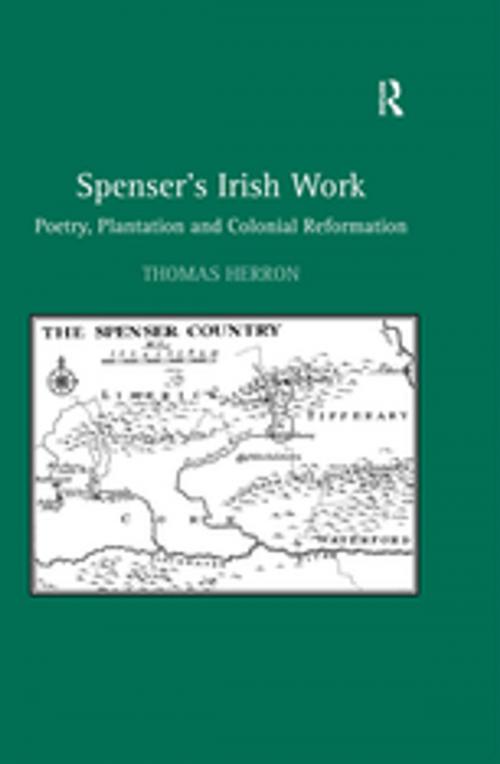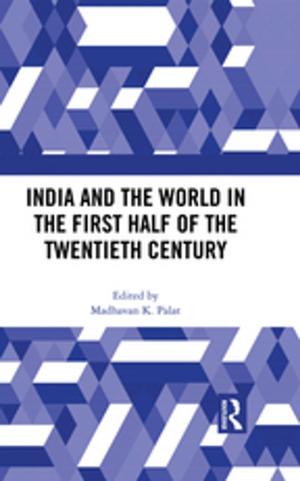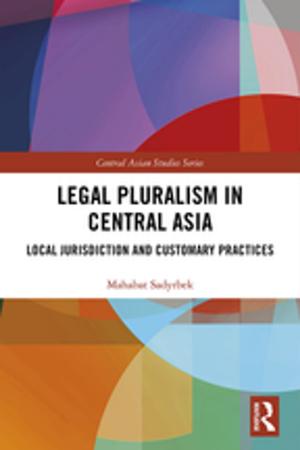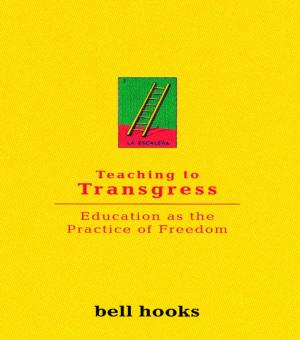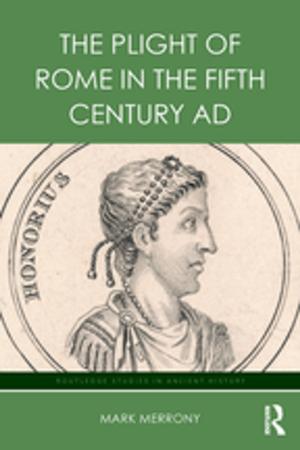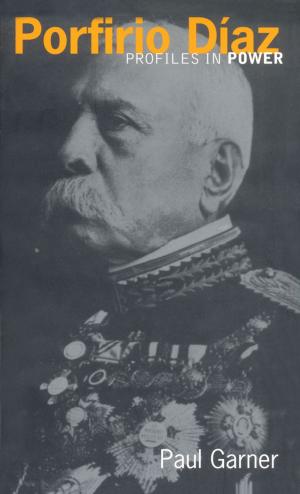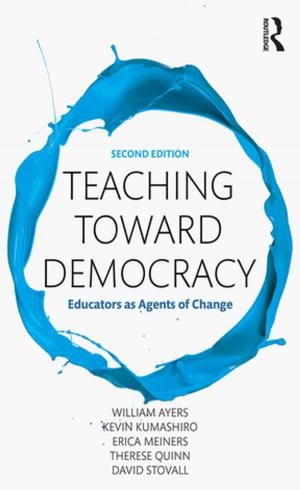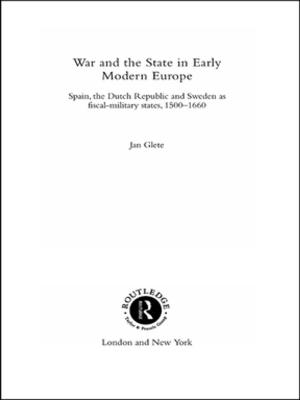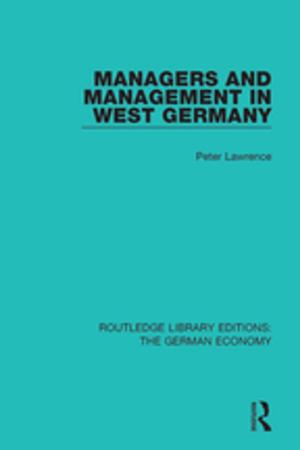Spenser's Irish Work
Poetry, Plantation and Colonial Reformation
Fiction & Literature, Literary Theory & Criticism| Author: | Thomas Herron | ISBN: | 9781351898669 |
| Publisher: | Taylor and Francis | Publication: | December 5, 2016 |
| Imprint: | Routledge | Language: | English |
| Author: | Thomas Herron |
| ISBN: | 9781351898669 |
| Publisher: | Taylor and Francis |
| Publication: | December 5, 2016 |
| Imprint: | Routledge |
| Language: | English |
Exploring Edmund Spenser's writings within the historical and aesthetic context of colonial agricultural reform in Ireland, his adopted home, this study demonstrates how Irish events and influences operate in far more of Spenser's work than previously suspected. Thomas Herron explores Spenser's relation to contemporary English poets and polemicists in Munster, such as Sir Walter Raleigh, Ralph Birkenshaw and Parr Lane, as well as heretofore neglected Irish material in Elizabethan pageantry in the 1590s, such as the famously elaborate state performances at Elvetham and Rycote. New light is shed here on the Irish significance of both the earlier and later Books of The Fairie Queene. Herron examines in depth Spenser's adaptation of the paradigm of the laboring artist for empire found in Virgil's Georgics, which Herron weaves explicitly with Spenser's experience as an administrator, property owner and planter in Ireland. Taking in history, religion, geography, classics and colonial studies, as well as early modern literature and Irish studies, this book constitutes a valuable addition to Spenser scholarship.
Exploring Edmund Spenser's writings within the historical and aesthetic context of colonial agricultural reform in Ireland, his adopted home, this study demonstrates how Irish events and influences operate in far more of Spenser's work than previously suspected. Thomas Herron explores Spenser's relation to contemporary English poets and polemicists in Munster, such as Sir Walter Raleigh, Ralph Birkenshaw and Parr Lane, as well as heretofore neglected Irish material in Elizabethan pageantry in the 1590s, such as the famously elaborate state performances at Elvetham and Rycote. New light is shed here on the Irish significance of both the earlier and later Books of The Fairie Queene. Herron examines in depth Spenser's adaptation of the paradigm of the laboring artist for empire found in Virgil's Georgics, which Herron weaves explicitly with Spenser's experience as an administrator, property owner and planter in Ireland. Taking in history, religion, geography, classics and colonial studies, as well as early modern literature and Irish studies, this book constitutes a valuable addition to Spenser scholarship.
